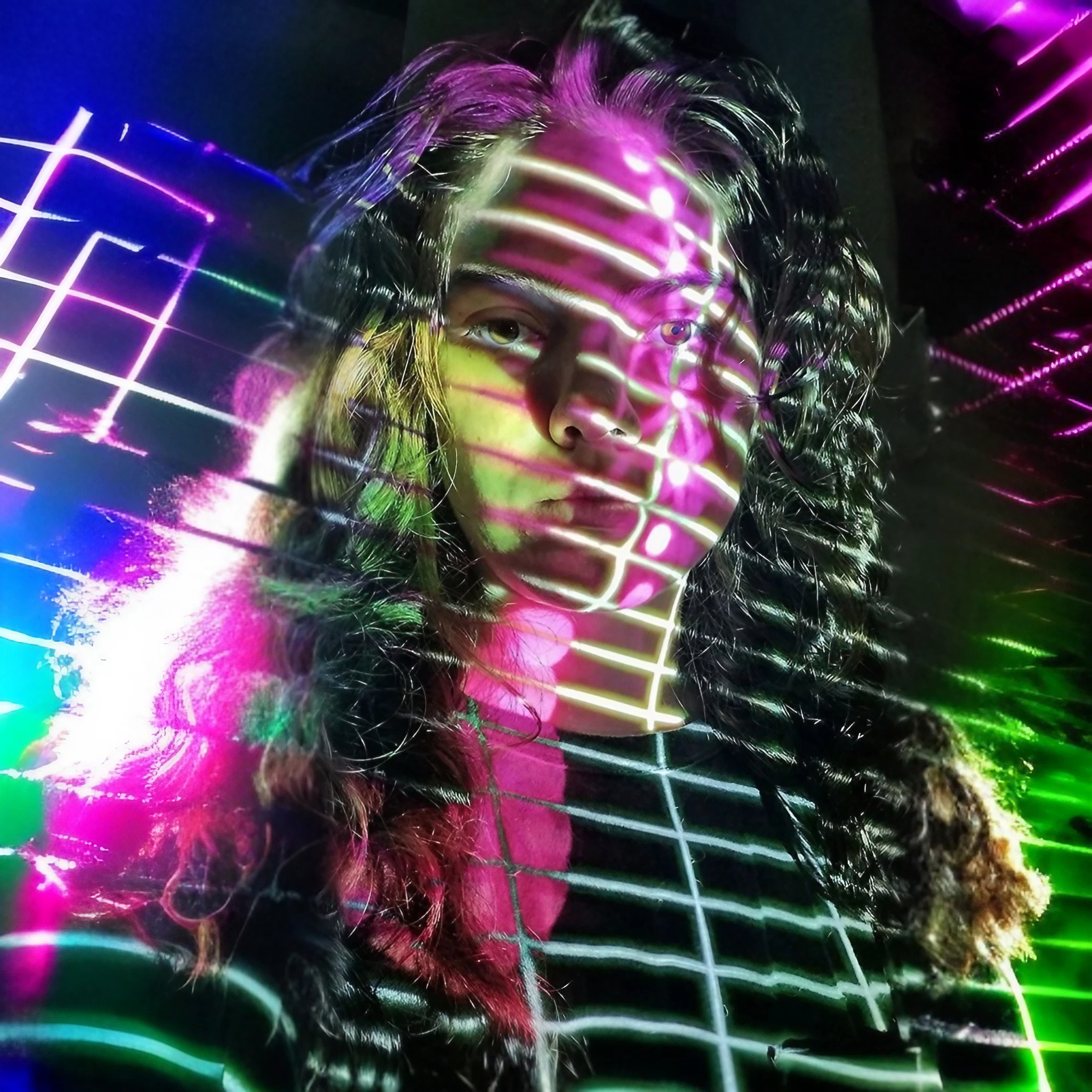|
Dreams are a nonlinear, non-symbolic aspect of our lives, presenting narrative multiplicities and non-binarisms. They push us to the boundaries of language, making us experience a bodily sense of meaning. Furthermore, dreams influence our conscious actions.
Sequential data, such as texts and images, have complex structures and patterns that transcend linearity. Deeper semantic relationships are found in long-term dependencies, non-linear jumps, and cyclical patterns.
In this talk, I'll present Frontier Language, a 2 year artistic project exploring nonlinear creation methodologies with AI. I created a small dataset by annotating my dreams, which I used to build pipelines that cycle between unsupervised learning, finetuning pretrained models, and integrating various open-source multimodal models. By viewing ML models as structures where data is represented rather than stored, we can uncover richer and deeper artistic processes, exploring the full potential of their inherent plasticity.
|
|
Live coder, programmer, and interdisciplinary digital artist from Córdoba, Argentina. Her performances, installations, and audiovisual works critically engage with computational depths, the history of computing, and archives. Her work is intrinsically linked to advocacy for knowledge freedom, feminism, and the pursuit of technological sovereignty, developing and engaging with Free Software in her processes, and resemanticizing technologies from her industrial programming background.
|
